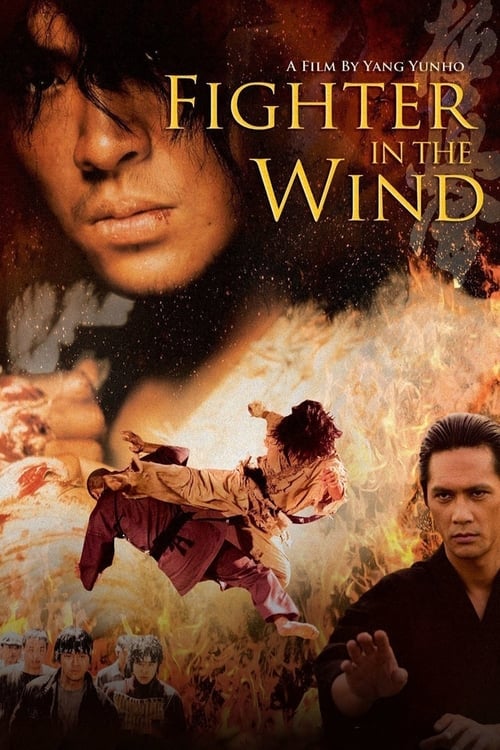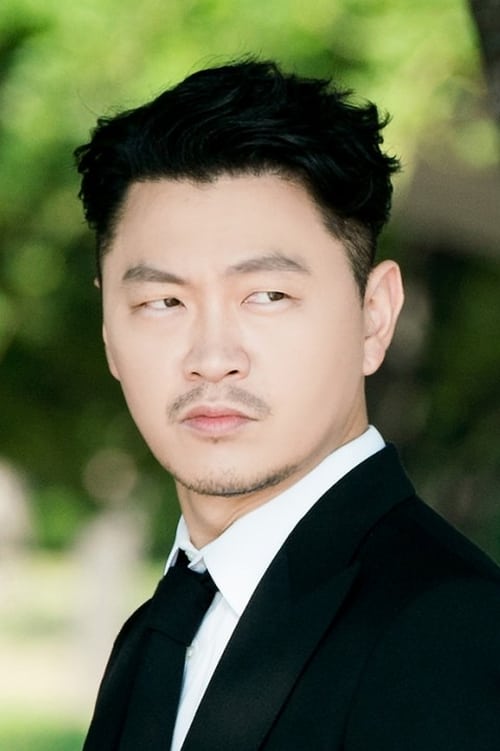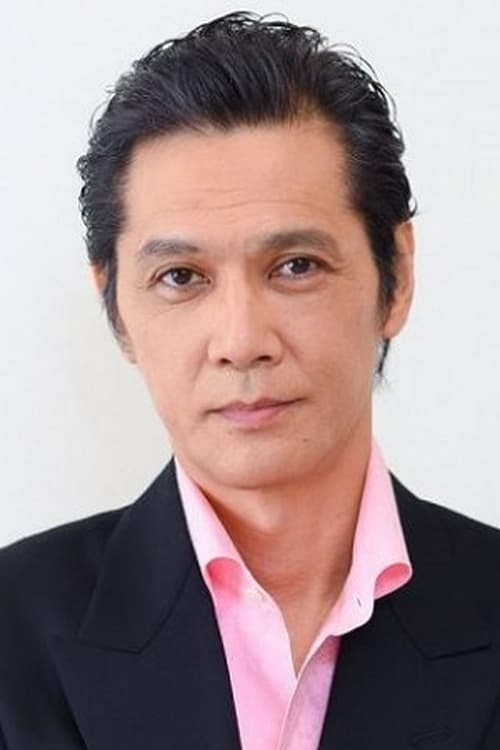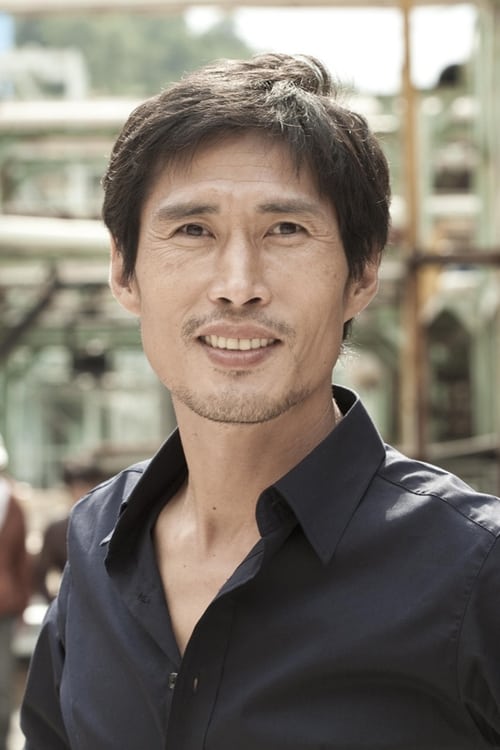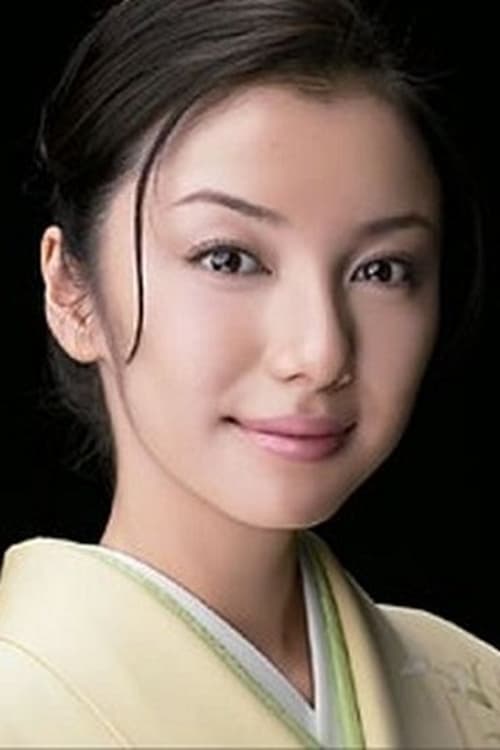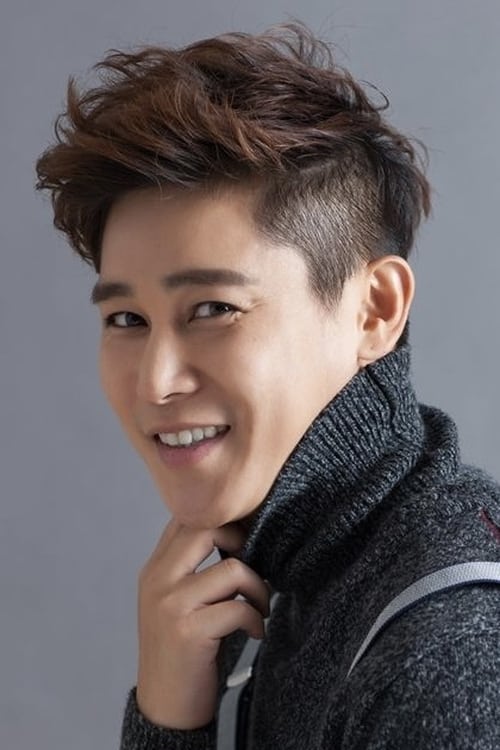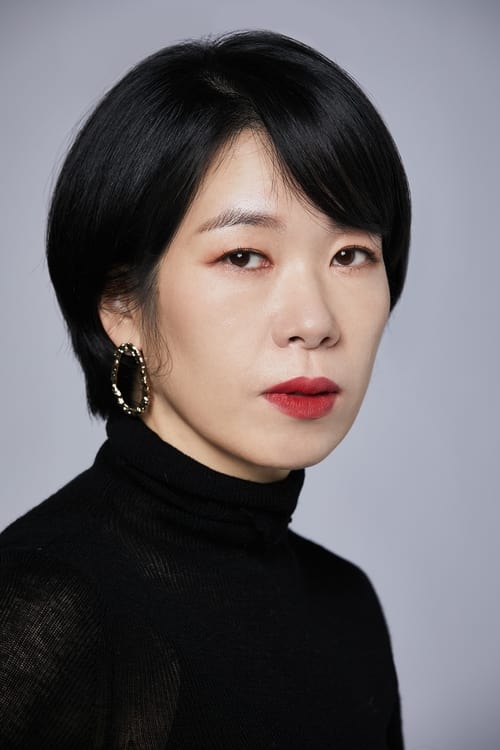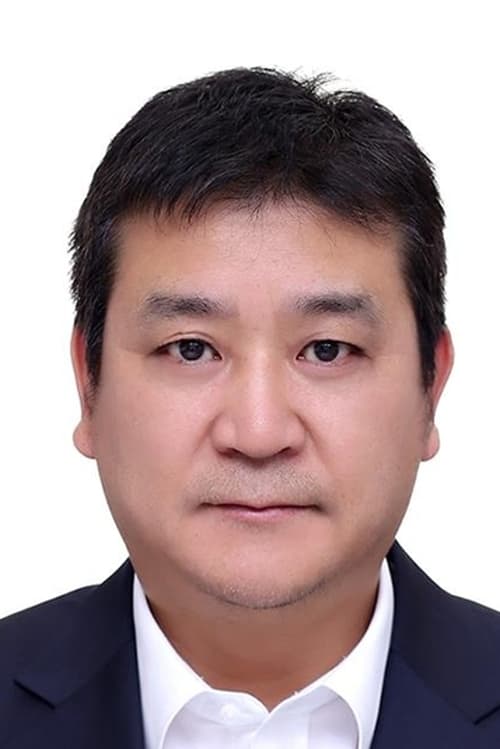Fighter in the Wind (2004)
Genre : Action, Drama
Runtime : 2H 1M
Director : Yang Yun-ho
Synopsis
An account of karate competitor Choi Yeung-Eui who went to Japan after World War II to become a fighter pilot but found a very different path instead. He changed his name to Masutatsu Oyama and went across the country, defeating martial artists one after another. This film concentrates on the period when he is still young, and developing his famous karate style, Kyokushin.

The film is a heist comedy set in 1940s Korea, and stars Park Yong-woo and Lee Bo-young as a con artist and jazz singer who each plot to steal a valuable diamond from the Japanese authorities.
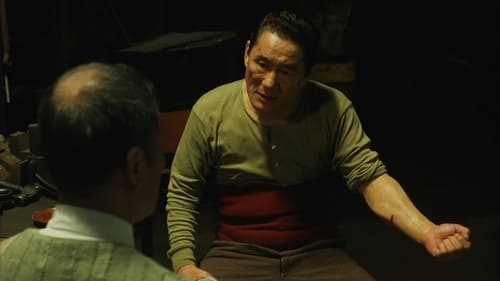
In 1923, teenager Kim Shun-Pei moves from Cheju Island, in South Korea, to Osaka, in Japan. Along the years, he becomes a cruel, greedy and violent man and builds a factory of kamaboko, processed seafood products, in his poor Korean-Japanese community exploiting his employees.
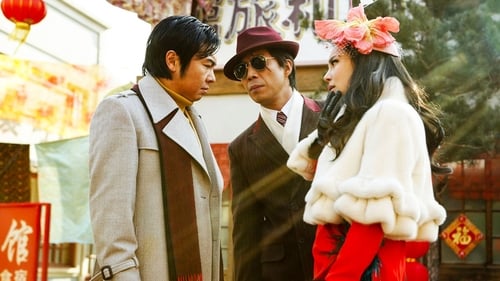
Under Japanese imperialism, Korean national treasure Golden Buddha is stolen. More important to national security, the statue contains vital information concerning Korean freedom fighters and their whereabouts as well as their true identities. The interim Korean government appoints legendary Korean spy Agent Dachimawa Lee to recover the fabled statue and reveal the dark plot behind the theft.
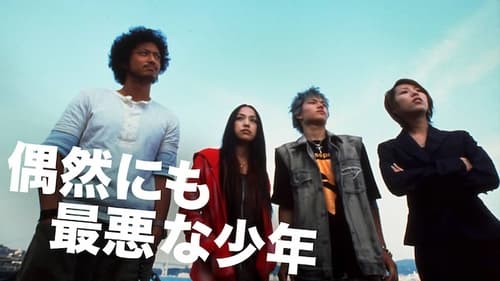
He can't control himself inside of him. Hidenori, a Japanese-Korean, hasn't seen his family in a few years. He doesn't want to go to school but just wander the streets. He always grins at a trifle. When he is caught stealing and he feels pain as his finger is cut off, he just smiles. He murmurs "Should I commit suicide?" in front of his dead sister. Yumi, an obsessive-compulsive girl, has a sticky finger. A boy who wanders the Sybuya. They join Hidenori's reckless plan by chance. They plan to stow away in order to show Korea to his sister, who has never seen the motherland. Three people who are out of this world and the dead go toward Hakata.
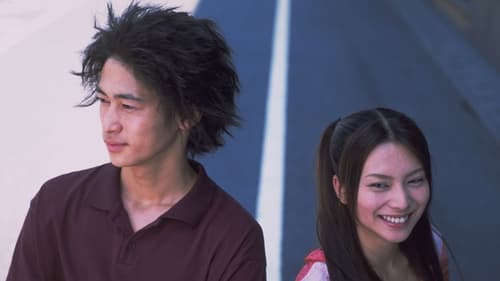
Sugihara, a Japanese-born, third-generation Korean teenager struggles to find a place in a society that will not accept him.
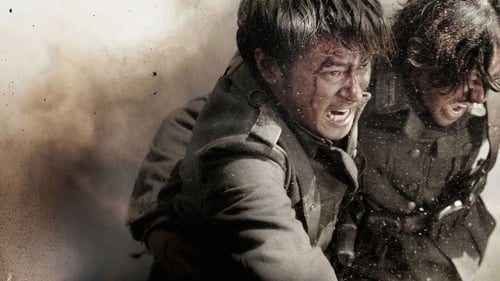
During the invasion of Normandy the photograph of a slim Korean man in German uniform was found. It transpired that the man had served as a soldier in the Japanese, Russian and German armies. His incredible story inspired director Kang Je-Gyu to create this epic war drama.
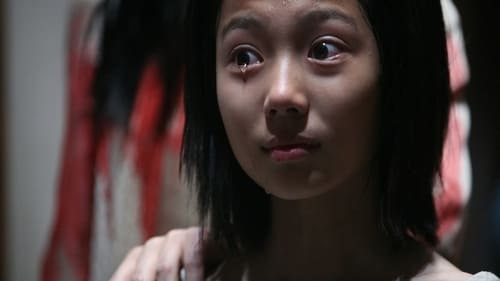
Dr. Jung Nam finds a photo album dating back to his days as an intern at the Ansaeng Hospital. This triggers memories of his life. In 1942, as a young medical intern, Jung-Nam's arranged marriage ended when his fiancée, whom he had never met, committed suicide. Later he was assigned to monitor the morgue late at night. There he fell in love with a corpse, which is later revealed as the body of his deceased fiancée. Soon other mysterious events take place in the hospital, involving a young girl haunted by ghosts and a serial killer targeting Japanese soldiers.
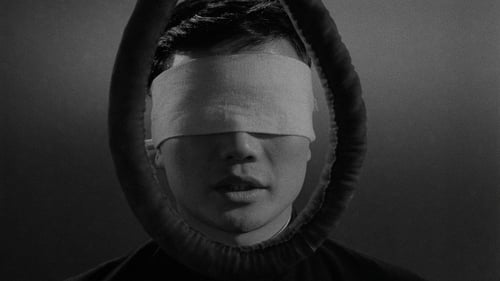
A Korean man is sentenced to death in Japan but survives his execution, sending the authorities into a panic about what to do next.

Set in 1920s Shanghai, the film recounts the activities of a group of young Koreans trying to destabilize Japanese control of their penninsula. Through an anti-occupation terrorist campaign, the five men hope to inspire a resurrection throughout their penninsular homeland.
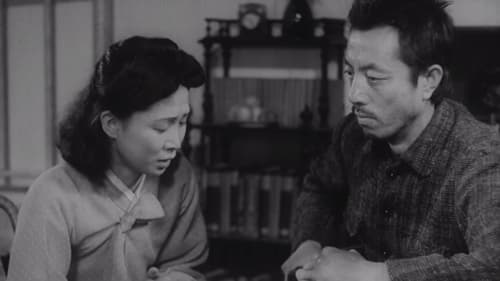
Hurrah! For Freedom (aka Viva Freedom) is a 1946 Korean film directed by Choi In-kyu. It was the first film made in the country after achieving independence from Japan. During the country's occupation Choi was only allowed to make Japan-friendly films, but the plot of Hurrah! For Freedom is distinctly different, telling the story of a Korean resistance fighter in 1945.
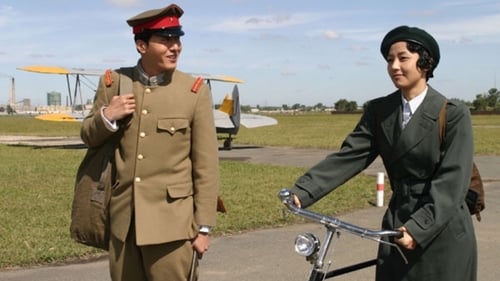
Park Kyung-Won, dreamed of flying since she was a little kid. To achieve her dream of becoming a pilot, Kyung-Won, at the age of 26, travelled to Japan and enrolled in an aviation school. While studying at the aviation school, she supported herself by driving a taxi. One day, Kyung-Won picks up a male passenger, who turns out to be a Korean exchange student Ji-Hyeok. Ji-Hyeok is attracted to her and what she was trying to accomplish. Although he begins to court Kyung-Won, Ji-Hyeok leaves to enlist in the army.
A few years later, Kyung-Won flies her first flight and becomes a pilot. Her accomplishment is well received Korea. Meanwhile, Kyung-Won takes under her wings, fellow female Korean aviation student Jung-Hee, who wants to follow in Kyung-Won's footsteps. Also, Ji-Hyuk is discharged from the army and is commissioned as a officer in a aviation school. Ji-Hyuk and Kyung-Won meet again and soon realize their feelings are as strong as ever.
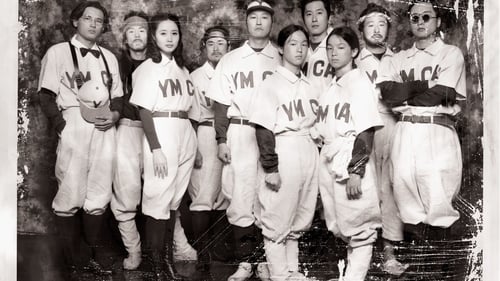
Hochang accidentally sees missionaries and Jeongrim play baseball at the YMCA hall. He falls in love with Jeongrim, and takes interest in baseball. As a result, he gathers people to form the first YMCA baseball team of Joseon.
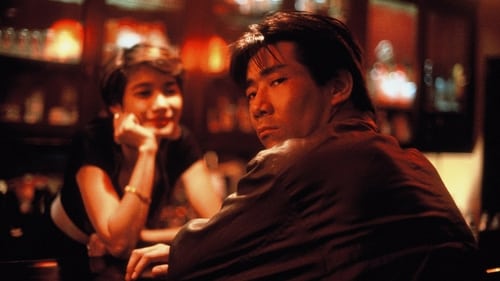
A Korean taxi-driver interacts both humorously and tragically with his customers and employers in '90s Tokyo.
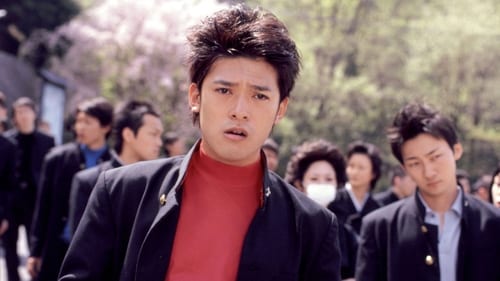
Romeo, A.K.A. Kosuke Matsuyama, is a second-year high school student. A nice, normal, nonviolent type, he suddenly finds himself in the middle of a rampaging crowd of Korean boys, outraged by insults perpetrated by several of his idiotic class-mates on two Korean girls. He makes a narrow escape, but soon after, he and his best bud Yoshio are sent by their home-room teacher to invite the Korean students to a friendly soccer game as a way of restoring the peace.

Dear Pyongyang is a documentary film by Zainichi Korean director Yang Yong-hi (Korean: 양영희, Hanja: 梁英姬) about her own family. It was shot in Osaka Japan (Yang's hometown) and Pyongyang, North Korea, In the 1970s, Yang's father, an ardent communist and leader of the pro-North movement in Japan, sent his three sons from Japan to North Korea under a repatriation campaign sponsored by ethnic activist organisation and de facto North Korean embassy Chongryon; as the only daughter, Yang herself remained in Japan. However, as the economic situation in the North deteriorated, the brothers became increasingly dependent for survival on the care packages sent by their parents. The film shows Yang's visits to her brothers in Pyongyang, as well as conversations with her father about his ideological faith and his regrets over breaking up his family.
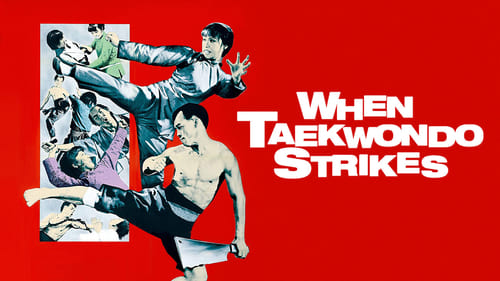
The story is about the Japanese occupation of Korea during World War II. A Korean patriot played by Carter Wong gets into a fight with some Japanese people and is chased into a church. The priest there is captured and tortured. Trying to secure his release, the leader of the resistance, Jhoon Rhee is himself captured and tortured by the Japanese. Carter Wong, Angela Mao and Anne Winton have to now try and rescue him. This leads to an explosive climax with the heroes having to fight the likes of Wong In Sik (Hwang In-Shik), Sammo Hung and Kenji Kazama.

Two Korean conscripts undergo Imperial Japanese Army training, much to the pleasure of their families.

Osaka Korean High School has provided education for the past six decades to the children of pro-North Korean residents in Japan. This school is located only about 20 minutes away from Hanazono Stadium, the mecca of Japan’s high school rugby, but it was not until 1994, 18 years after the foundation of a rugby team at the high school, that the Japanese education ministry approved the team’s entry into the official league. Since then, the team has run in the national league as a representative of the Osaka area and been considered a front-runner ever since. The team has strong players and passionate supporters, but it faces difficulties just before winning the league.
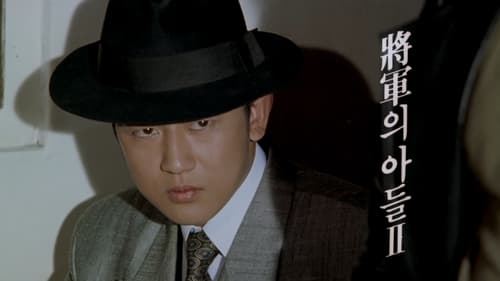
The General's Son is set during the Japanese occupation of Korea, when the oppression of the imperial rulers is escalating in the streets of Seoul. Starring Park Sang Min (Tube) and Shin Hyun Jun (Face), The General's Son is a winning mixture of fast-paced action and colonial Korean realism, which helped the film become one of the biggest domestic hits of the 1990s.
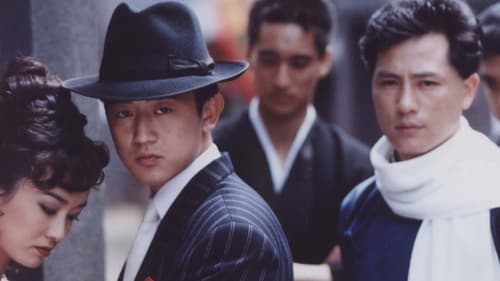
The General's Son is set during the Japanese occupation of Korea, when the oppression of the imperial rulers is escalating in the streets of Seoul. Starring Park Sang Min (Tube) and Shin Hyun Jun (Face), The General's Son is a winning mixture of fast-paced action and colonial Korean realism, which helped the film become one of the biggest domestic hits of the 1990s.
